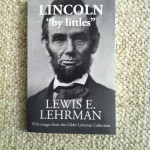 Periodically on this site I provide reviews of books about Abraham Lincoln. This is a review of Lincoln “by littles” by Lewis E. Lehrman, published by The Lehrman Institute in 2013.
Periodically on this site I provide reviews of books about Abraham Lincoln. This is a review of Lincoln “by littles” by Lewis E. Lehrman, published by The Lehrman Institute in 2013.
The title of this book has a double meaning. “By littles” was how Abraham Lincoln described his formal education, which taken in short bits totaled no more than a year. “By littles” also describes the general format of the book, which is a series of independent essays grouped by topic into eleven parts containing a total of fifty-two chapters. Some of the essays are identified as having been previously published by the author in various newspapers over the course of the last decade or so (though at least a couple go back to 1995). Others appear to be previously unpublished or newly written. In keeping with the “by littles” theme, each is generally only a few pages or so long.
Because each essay/chapter was independently written there is considerable repetitiveness and overlap. There is also the ubiquitous mention of Lincoln’s October 16, 1854 speech in Peoria, Illinois. This isn’t surprising both because the speech was a turning point in Lincoln’s views on the expansion of slavery and because the author, Lewis E. Lehrman, wrote a previous book on that speech and is thus an expert historian on it.
Overall the essays, despite the repetition, are well written and informative. Lehrman helps us understand Lincoln’s views on education, economics, secession, and other topics, while also giving us a deeper understanding of his core principles and belief in the equality of man as espoused in the Declaration of Independence. We get a sense also of Lincoln’s political guile and methods of persuasion, skills that helped him keep the Union together during the most crucial time in our history.
For those not knowing much about Lincoln this book provides a comfortable way to gain insights into our sixteenth president. For those who know a lot about Lincoln, the essays make for an entertaining review of key principles and events. You might even learn a few things. I certainly did.
David J. Kent is the author of Tesla: The Wizard of Electricity. You can order a signed copy directly from me, download the ebook at barnesandnoble.com, and find hard copies exclusively at Barnes and Noble bookstores.
Follow me by subscribing by email on the home page. And feel free to “Like” my Facebook author’s page and connect on LinkedIn. Share with your friends using the buttons below.



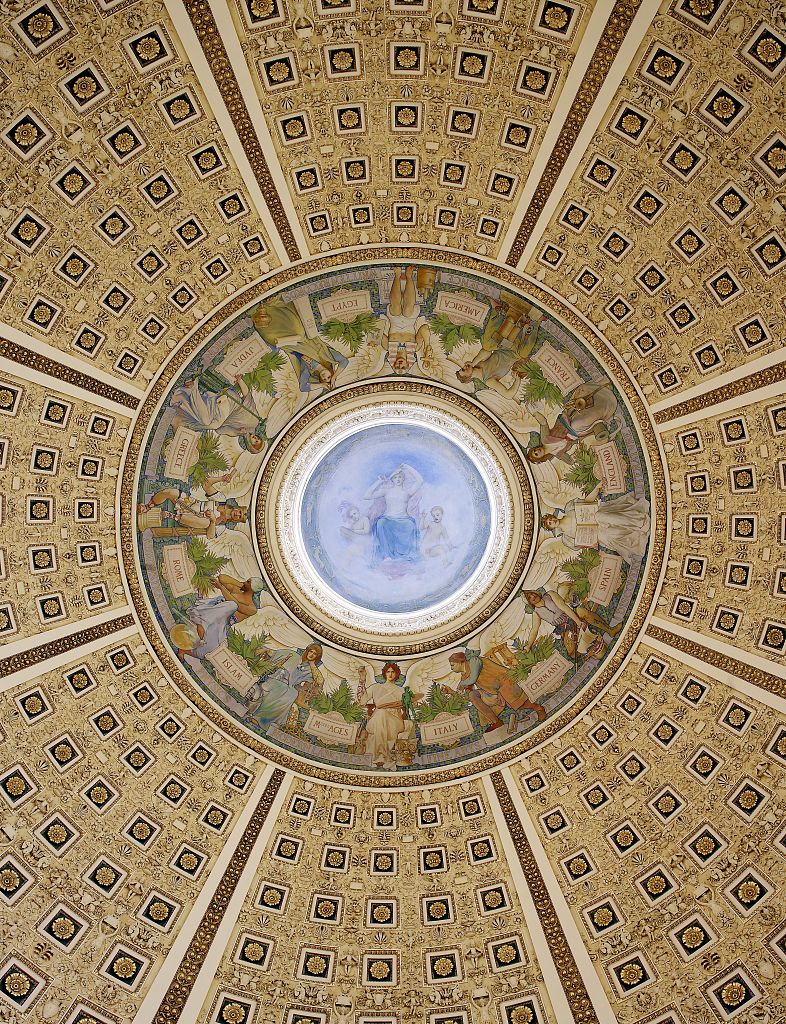

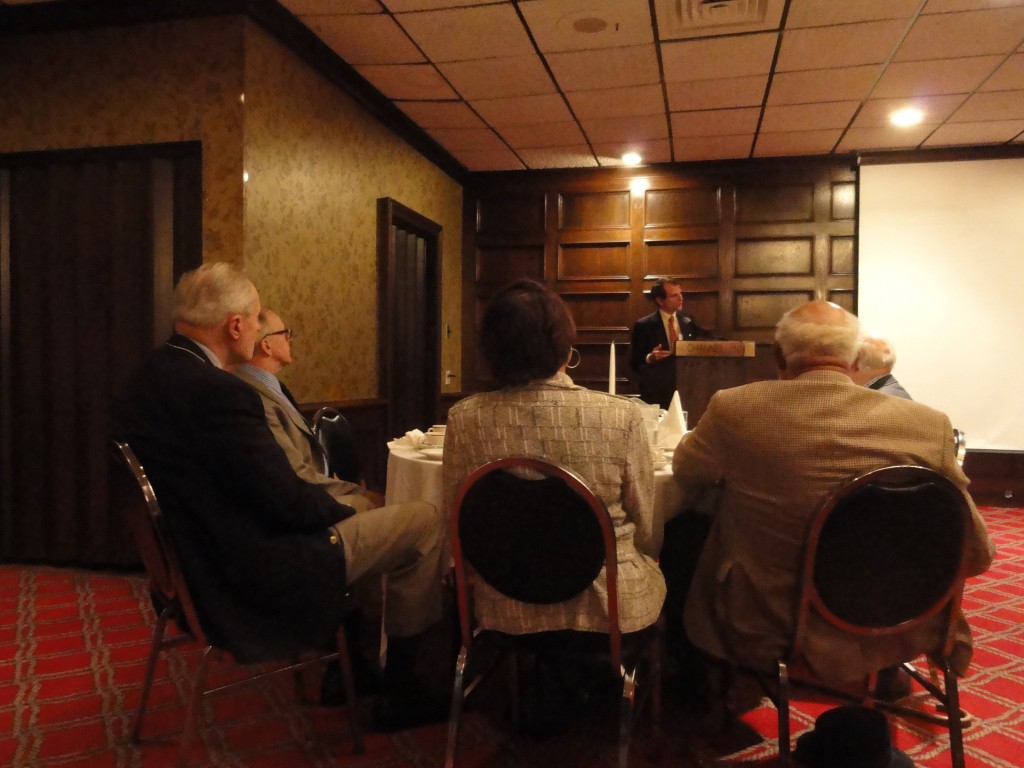
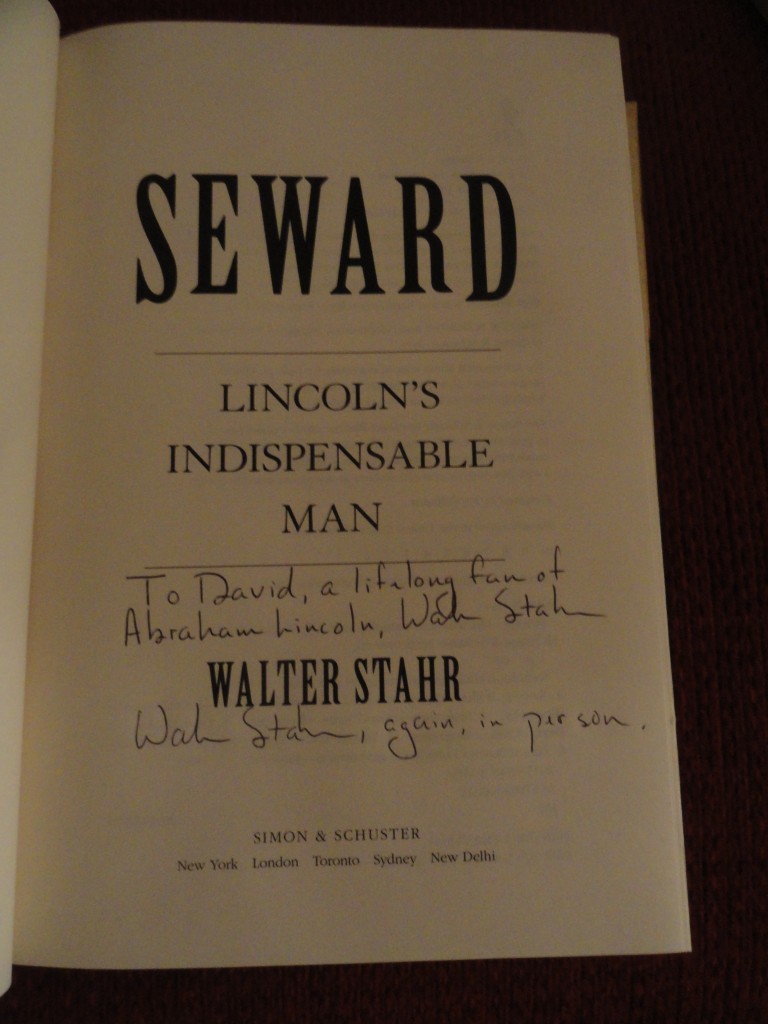
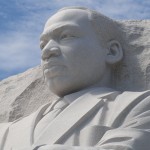 Barack Obama has said that the two people he admires most are Martin Luther King and Abraham Lincoln. Perhaps this shouldn’t be much of a surprise. In Dreams From My Father, Obama recounts his trials growing up as a young black man with mixed race heritage. While clearly a different upbringing than that of most black men living in America, he did experience the prejudices that were openly prevalent then, and more subtle and covert today.
Barack Obama has said that the two people he admires most are Martin Luther King and Abraham Lincoln. Perhaps this shouldn’t be much of a surprise. In Dreams From My Father, Obama recounts his trials growing up as a young black man with mixed race heritage. While clearly a different upbringing than that of most black men living in America, he did experience the prejudices that were openly prevalent then, and more subtle and covert today.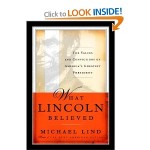








 Abraham Lincoln died today. Well,
Abraham Lincoln died today. Well, 








